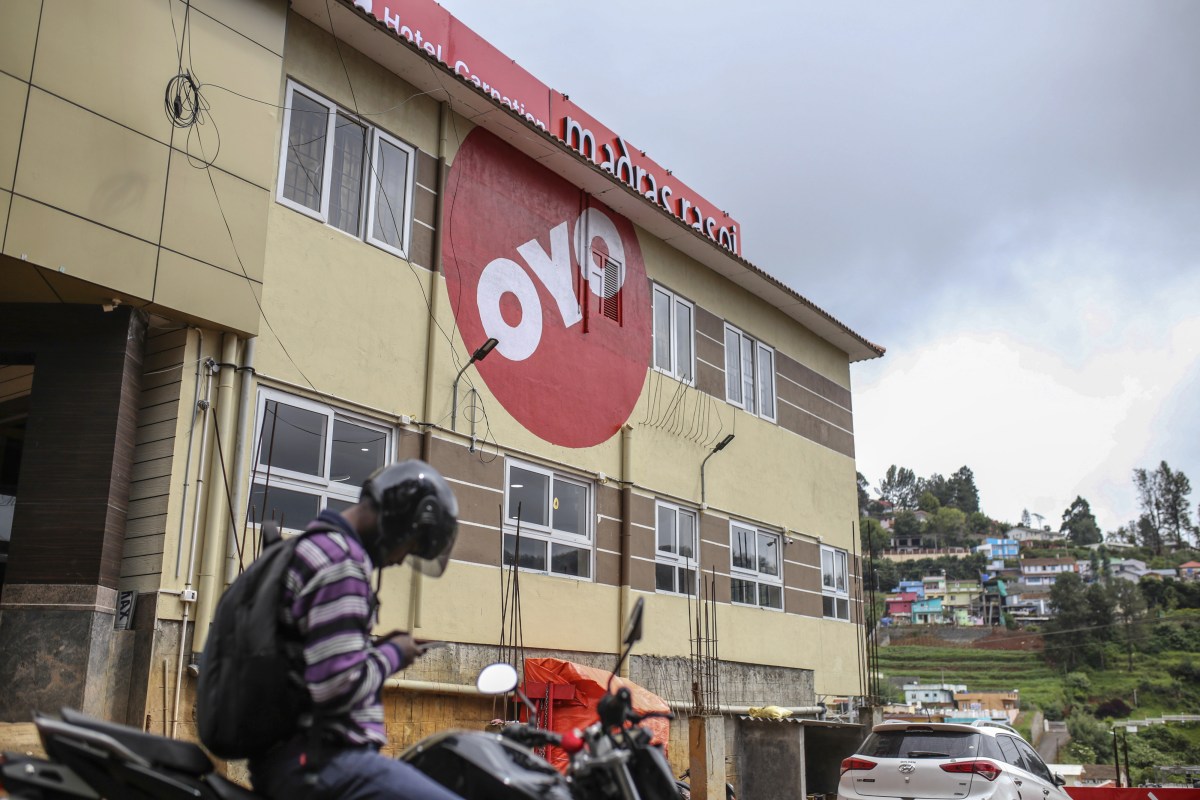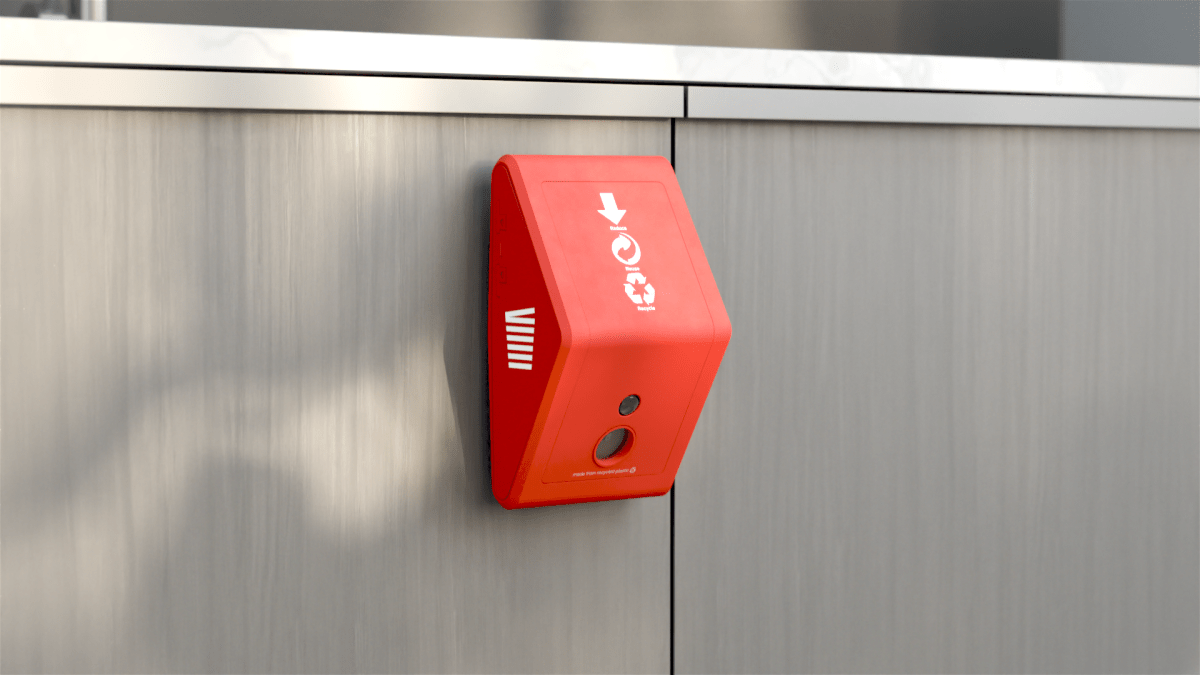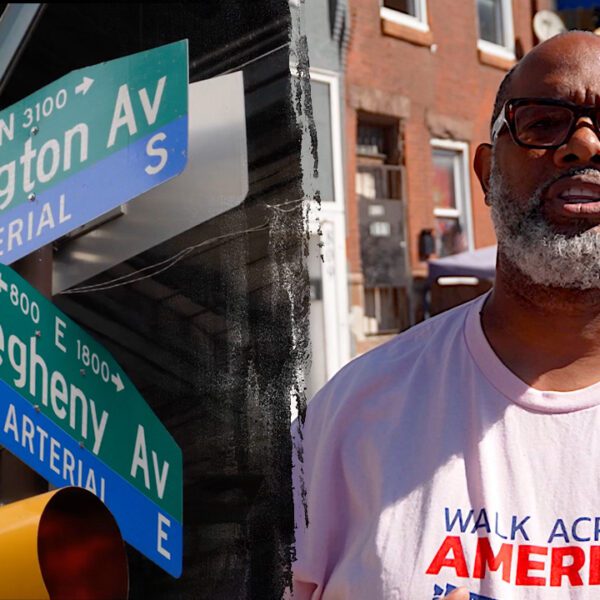Nvidia is playing fast and loose with its war chest as it looks to build on its momentum as the chief benefactor of the AI boom.
The company on Tuesday signed a €1 billion ($1.15 billion) partnership with Deutsche Telekom to set up an “AI factory” in Munich that aims to boost Germany’s AI computing power by 50%.
Called the “Industrial AI Cloud,” the project will use more than 1,000 Nvidia DGX B200 systems and RTX Pro Servers with up to 10,000 Blackwell GPUs to provide AI inferencing and other services to German companies while complying with German data sovereignty laws.
Deutsche Telecom said early partners of the project include Agile Robots, whose bots will be used to install server racks at the facility, and Perplexity, which will use the data center to provide “in-country” AI inferencing to German users and companies. The telco also outlined digital twins and physics-based simulation as use cases for industrial companies.
The telecom company said it would provide the physical infrastructure for the project, while SAP will provide its Business Technology platform and applications.
The partnership comes at a time when the European tech industry has been calling on EU lawmakers to reduce their reliance on foreign infrastructure and service providers, and foster adoption of homegrown alternatives. At the same time, tech companies have been criticizing the bloc’s approach to regulating AI, arguing that the rules only serve to hold back innovation.
The EU earlier this year committed €200 billion to set up “AI gigafactories” on the continent, focusing on “industrial and mission-critical applications.” But funding for AI initiatives in the European Union has been notably lower than in the U.S., where companies like Nvidia, Microsoft, Google, and Oracle have pumped in hundreds of billions to build massive data centers and assorted infrastructure to support development of AI models and services.
Deutsche Telekom noted that this project, expected to start operations in early 2026, is separate from the EU’s AI gigafactory initiative.
“Mechanical engineering and industry have made this country strong,” says Tim Höttges, CEO of Deutsche Telekom. “But here, too, we are challenged. AI is a huge opportunity. It will help to improve our products and strengthen our European strengths.”














